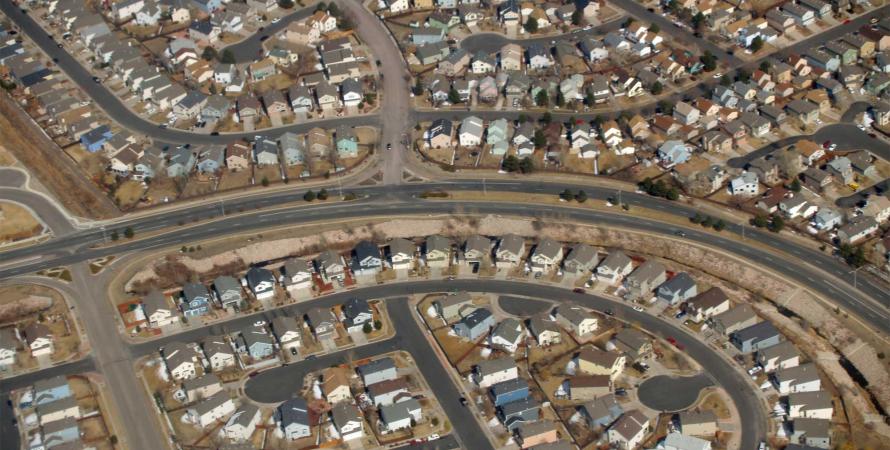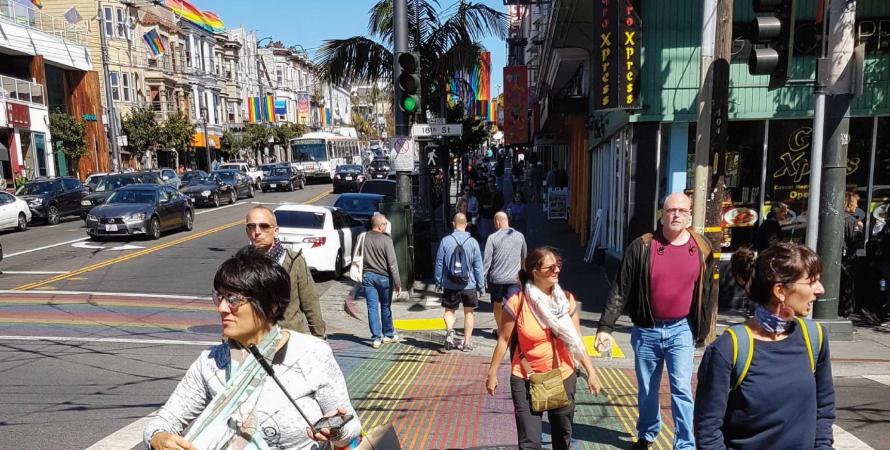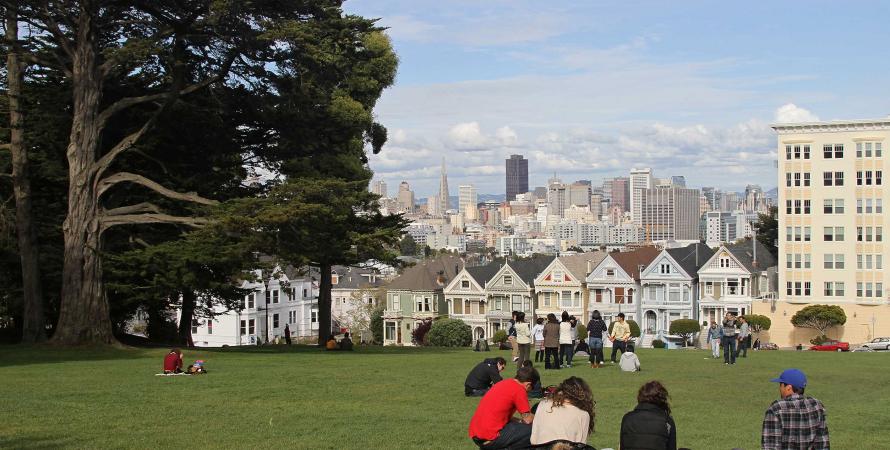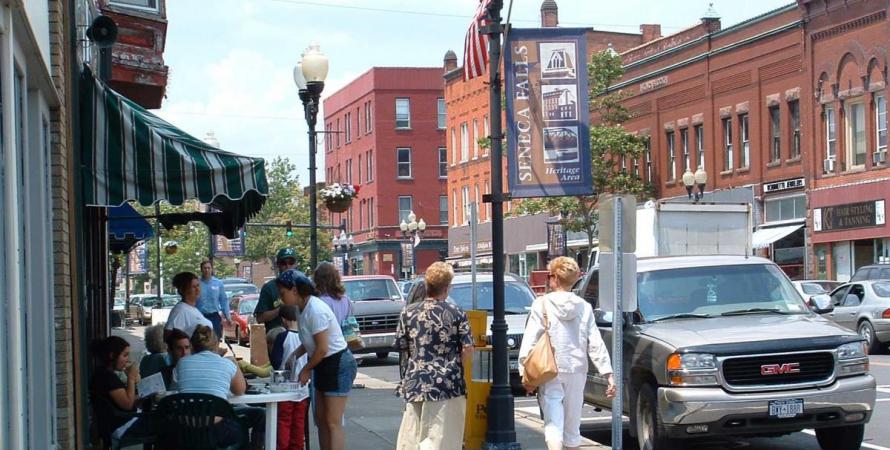-

To fix suburbs, first define them
Suburbs may be defined in many ways, and a focus on walkability yields robust data aimed toward making better communities and sustainable regions.What’s the best way to define suburbia? The answer depends on who is asking the question and what biases they bring to the table. A Harvard paper by Whitney Airgood-Obrycki and Shannon Rieger describes three methods currently in vogue in academia. Each of the methods yields different definitions...Read more -

The walkable urban trend keeps going
A national study shows strong demand for walkable urban development—cities with high rents perform surprisingly well on social equity measures.Walkable Urban Places (WalkUPs) continue to outperform other forms of real estate development in the nation’s largest metro areas, according to a new report Foot Traffic Ahead: Ranking Walkable Urbanism in America's Largest Metros • 2019 . The report finds a huge unmet demand for new WalkUPs, the...Read more -

Health benefits of New Urbanism
A study examined nine counties across the US and reviewed other research, finding evidence that health is positively impacted by urban design that follows principles of New Urbanism.Urban design factors can affect public health in several ways, including physical activity, traffic accident risk, pollution exposure, access to health resources, mental health and affordability, which affects households’ ability to afford other critical goods, such as healthy food and medical care...Read more -

Walkability indexes are flawed. Let's find a better method
Walking is vital to the economy, livability, and environment. Why can't we measure how many people are walking, versus driving, using data from smart phones?Walk Score was launched in 2007 and it was hailed as a big advance for pedestrians and urbanists. For the first time, you could type in an address anywhere in the US and get a score from 0 to 100 on “walkability.” Walk Score began as a small-scale project with a mission, “to promote walkable...Read more